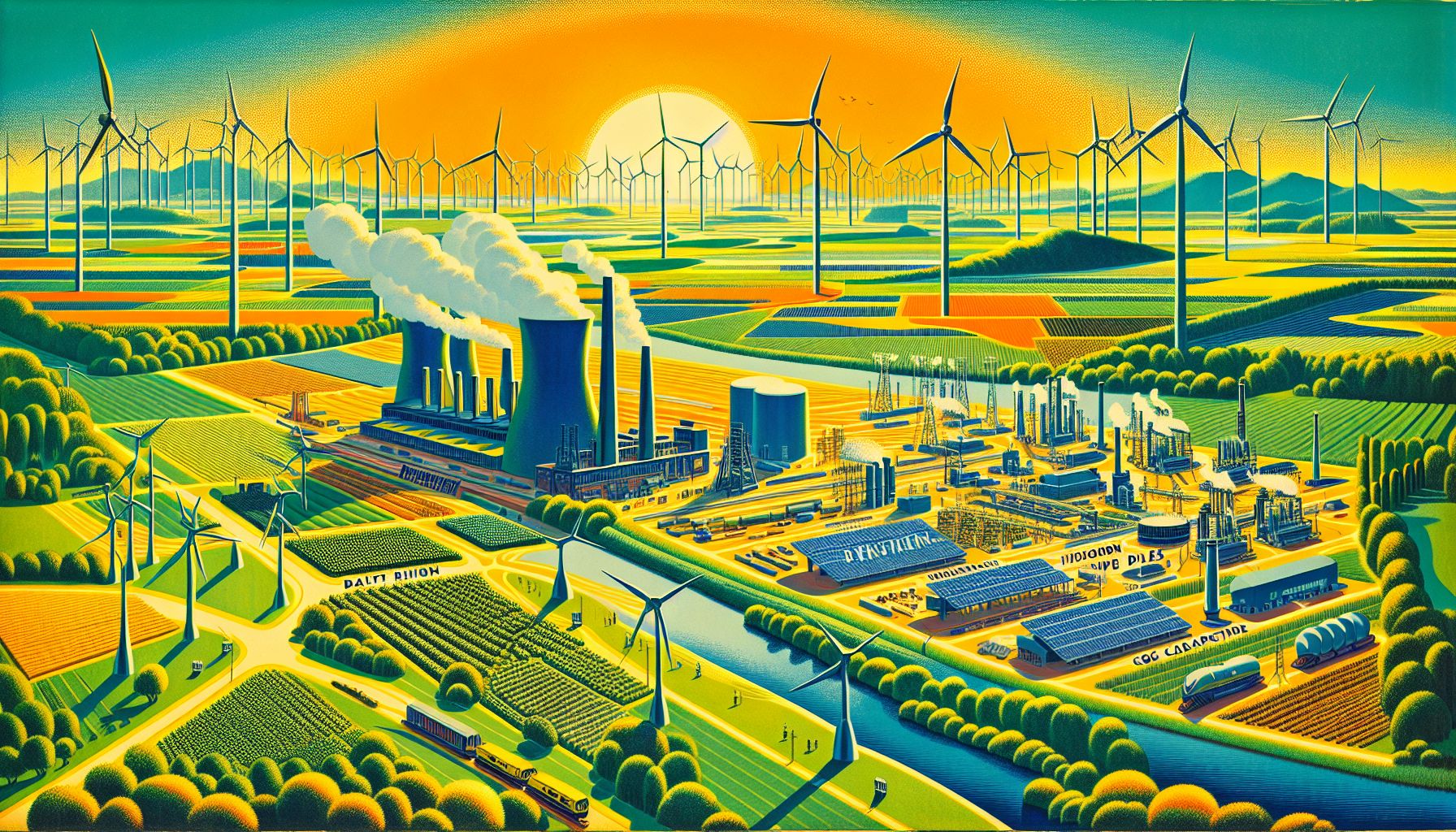Dutch Government Prioritizes Hydrogen and CO2 Infrastructure in Delta Rhine Corridor

Rotterdam, Friday, 6 December 2024.
The Dutch government is focusing on hydrogen and CO2 infrastructures in the Delta Rhine Corridor to boost industrial decarbonization and mitigate project delays.
Strategic Infrastructure Development
On December 5, 2024, the Dutch cabinet announced a significant shift in its infrastructure strategy, prioritizing the construction of hydrogen and CO₂ pipelines in the Delta Rhine Corridor (DRC) [1]. The project involves developing underground pipelines stretching from the Port of Rotterdam through Moerdijk to Germany [1], with completion scheduled between 2031 and 2033 [1].
Project Streamlining
The government has streamlined the original plan by removing ammonia and direct current cable components due to complexity concerns [1]. This decision aims to accelerate the development of essential infrastructure for industrial decarbonization. According to Climate and Green Growth Minister Hermans, ‘Interdependence and spatial constraints led to significant delays’ [1], necessitating this focused approach.
Industry Impact and Reactions
The Port of Rotterdam has responded positively to the decision, with CEO Boudewijn Siemons emphasizing its significance for industrial clusters across the Netherlands, Germany, and North-West Europe [1]. However, TenneT has raised concerns about potential grid congestion, estimating annual costs of approximately €400 million for redispatch due to the absence of deep landing for offshore wind energy in Limburg [1].
Regional Implications
The decision has sparked mixed reactions from regional stakeholders. The province of Noord-Brabant expressed disappointment, stating that the decision complicates addressing significant societal challenges [1]. Tilburg Mayor Theo Weterings called it ‘a missed opportunity to lay four pipelines instead of just two’ [1], highlighting the ongoing debate about the project’s scope and long-term implications for regional development.

